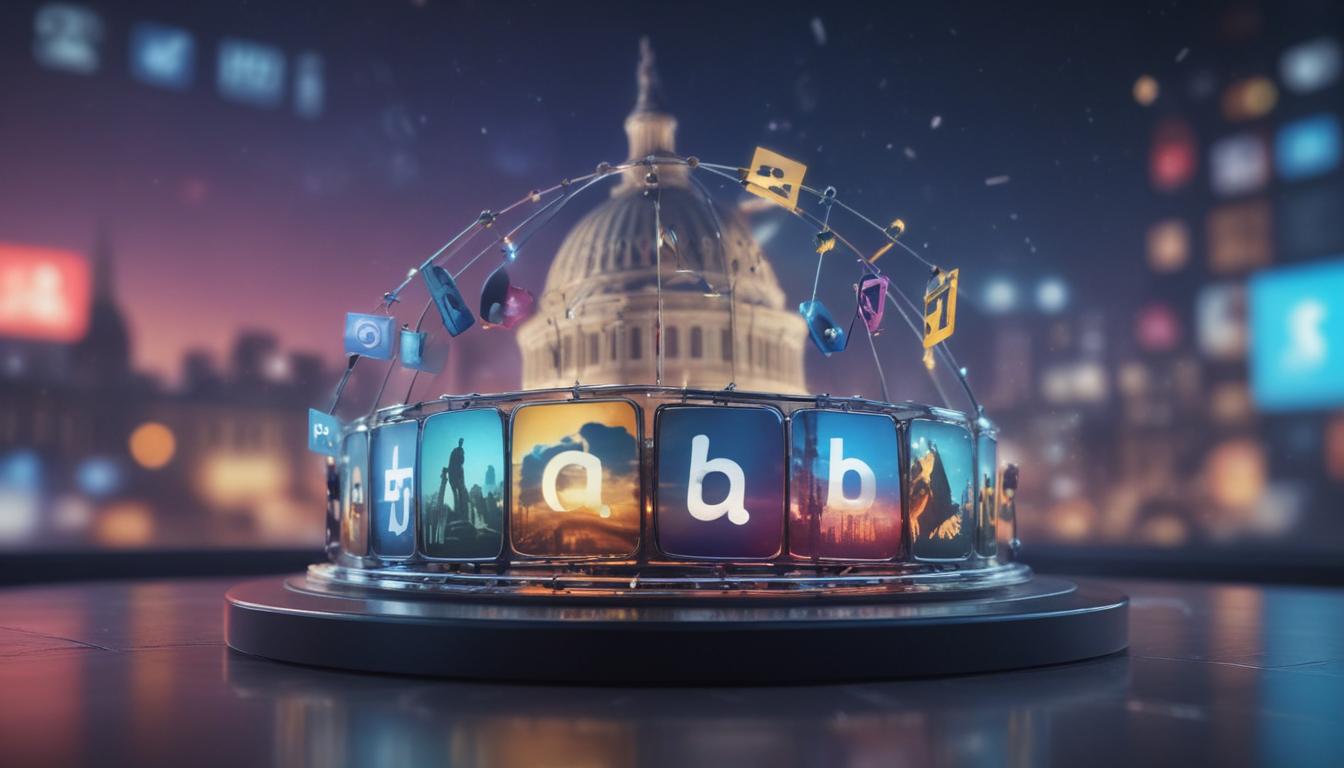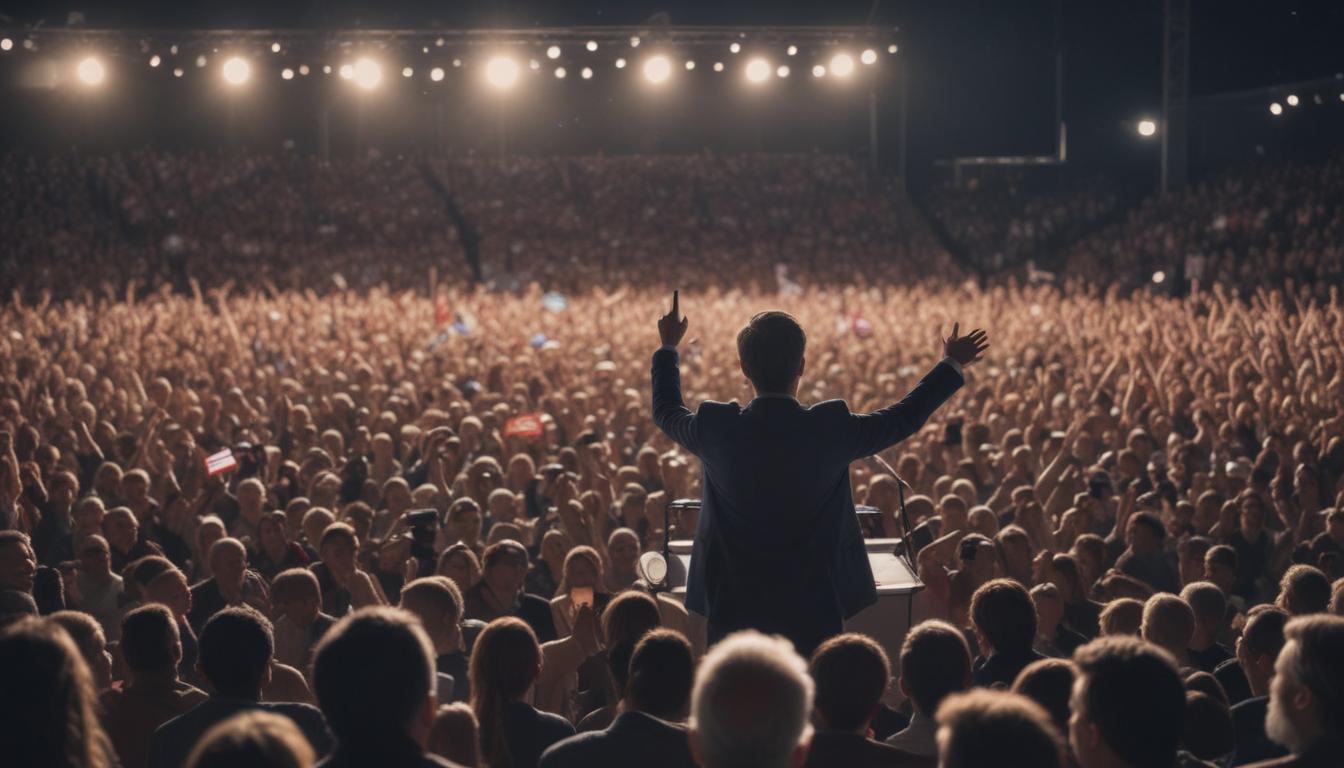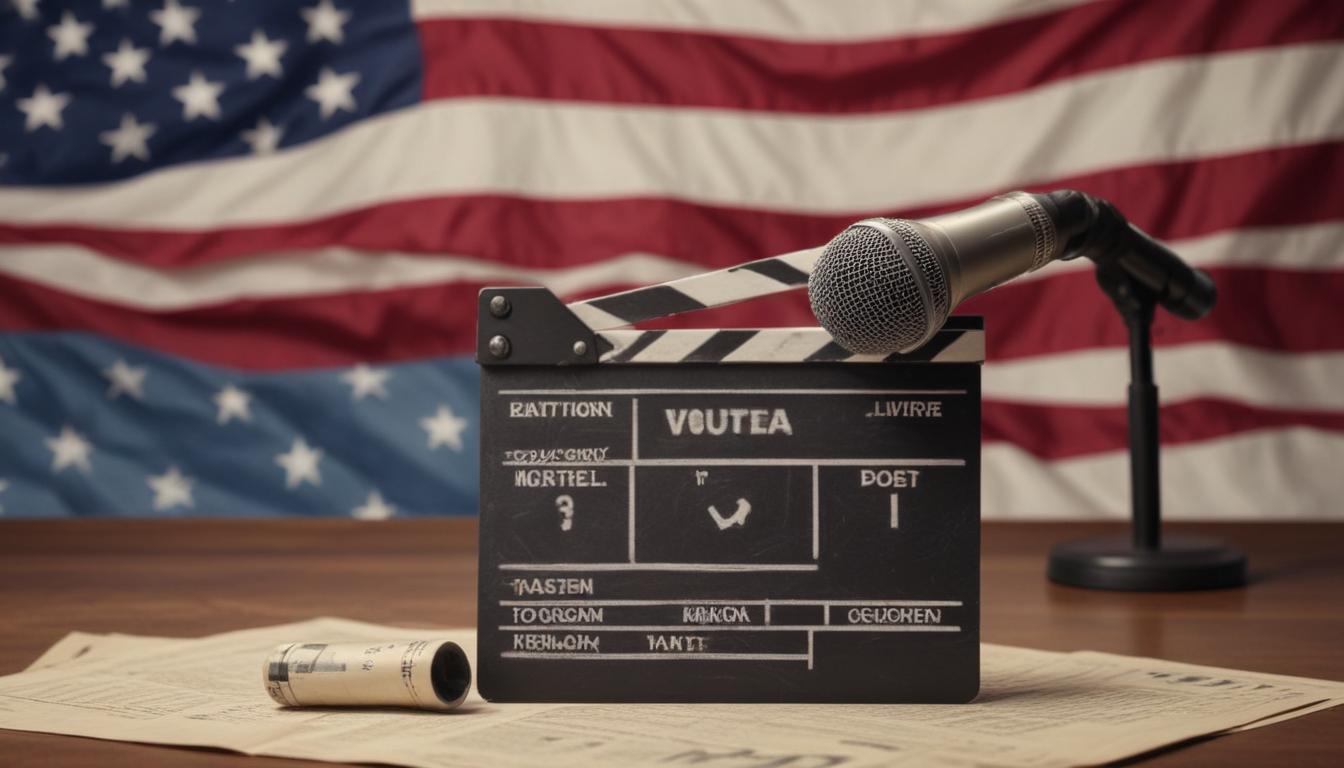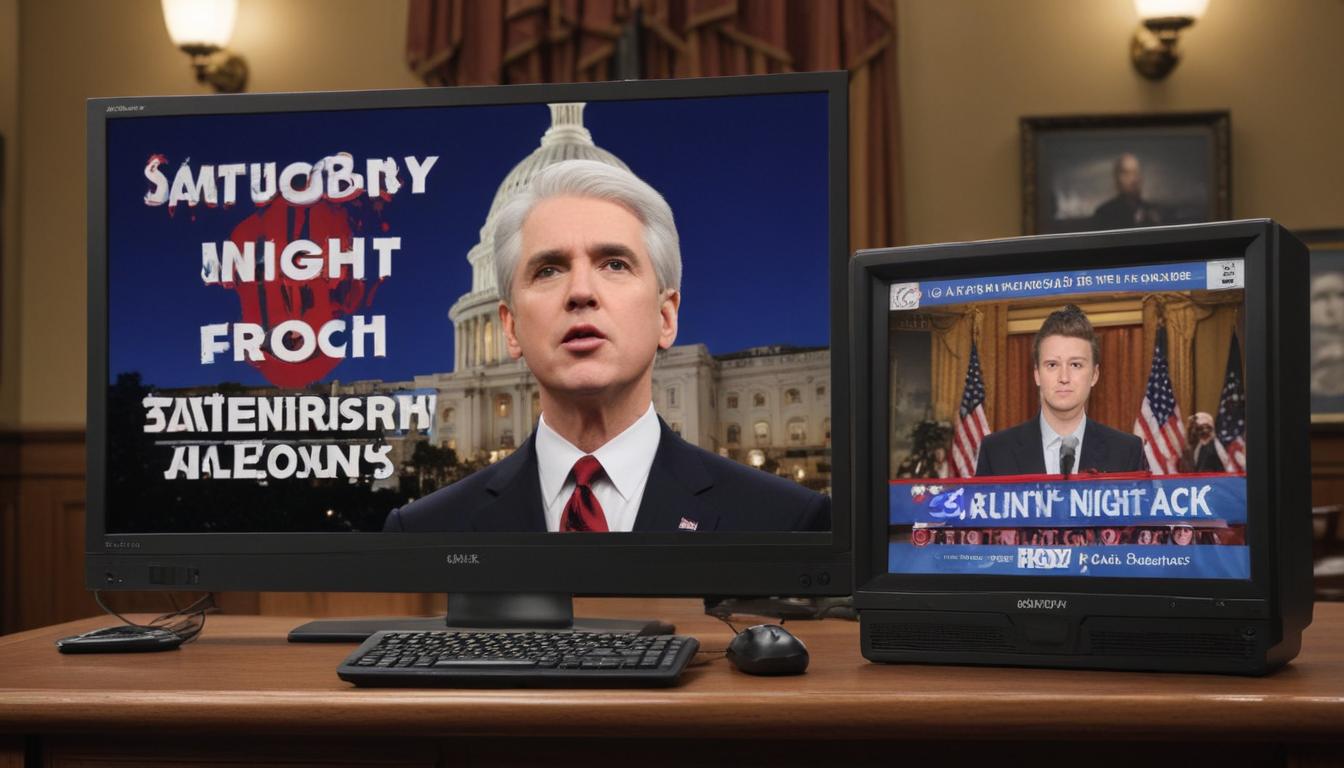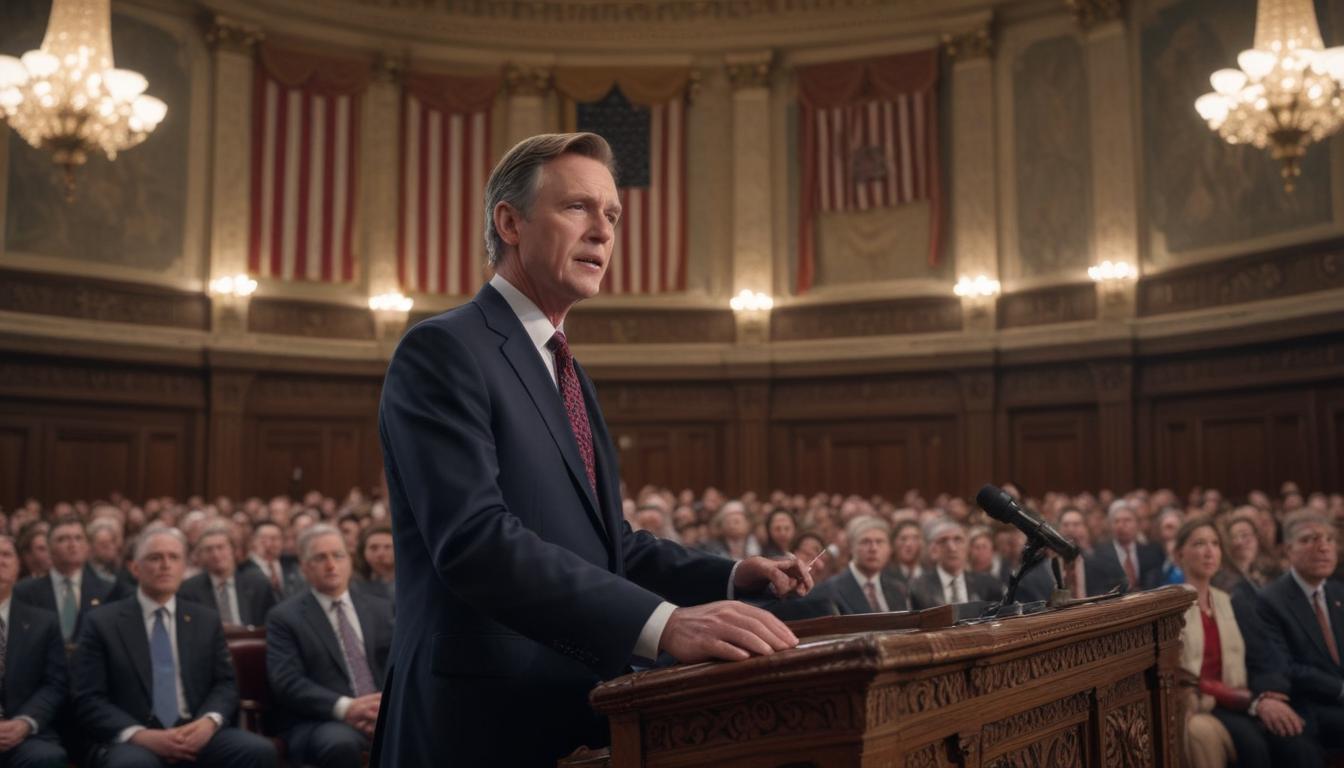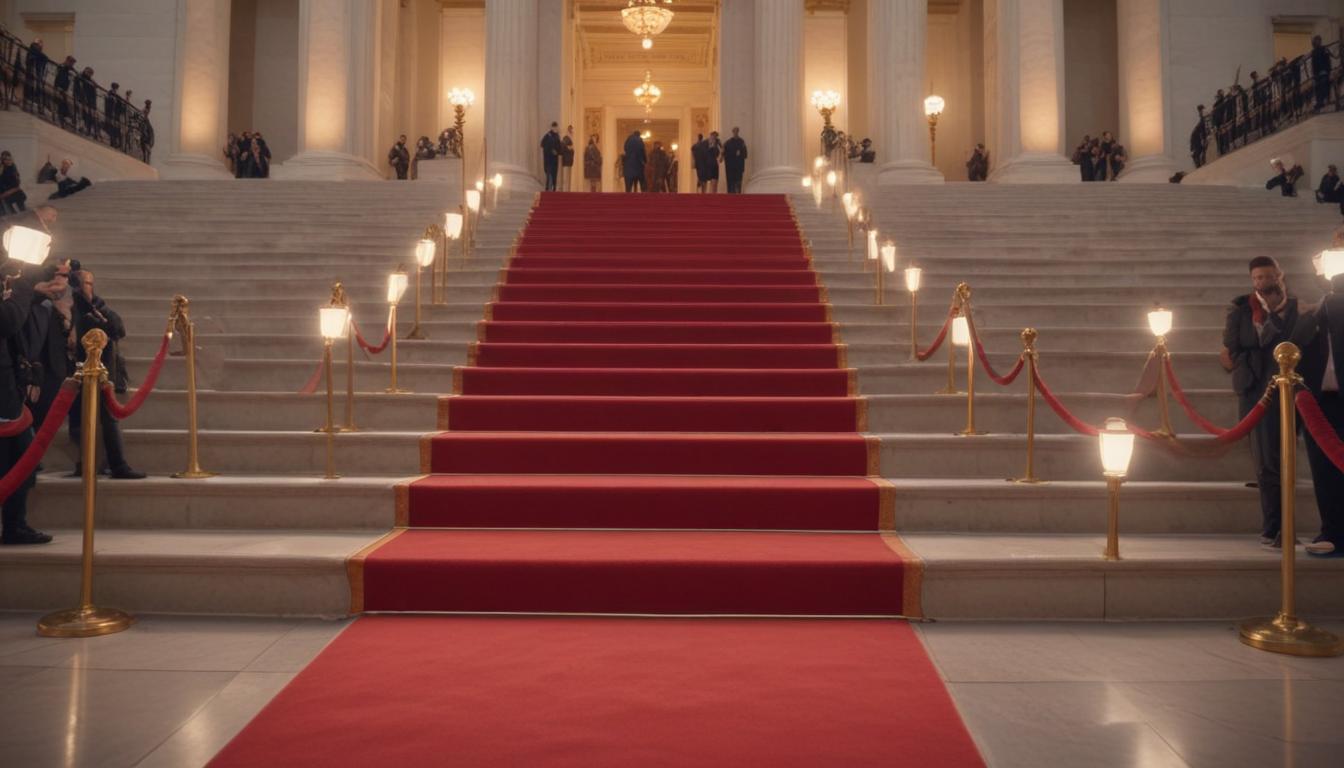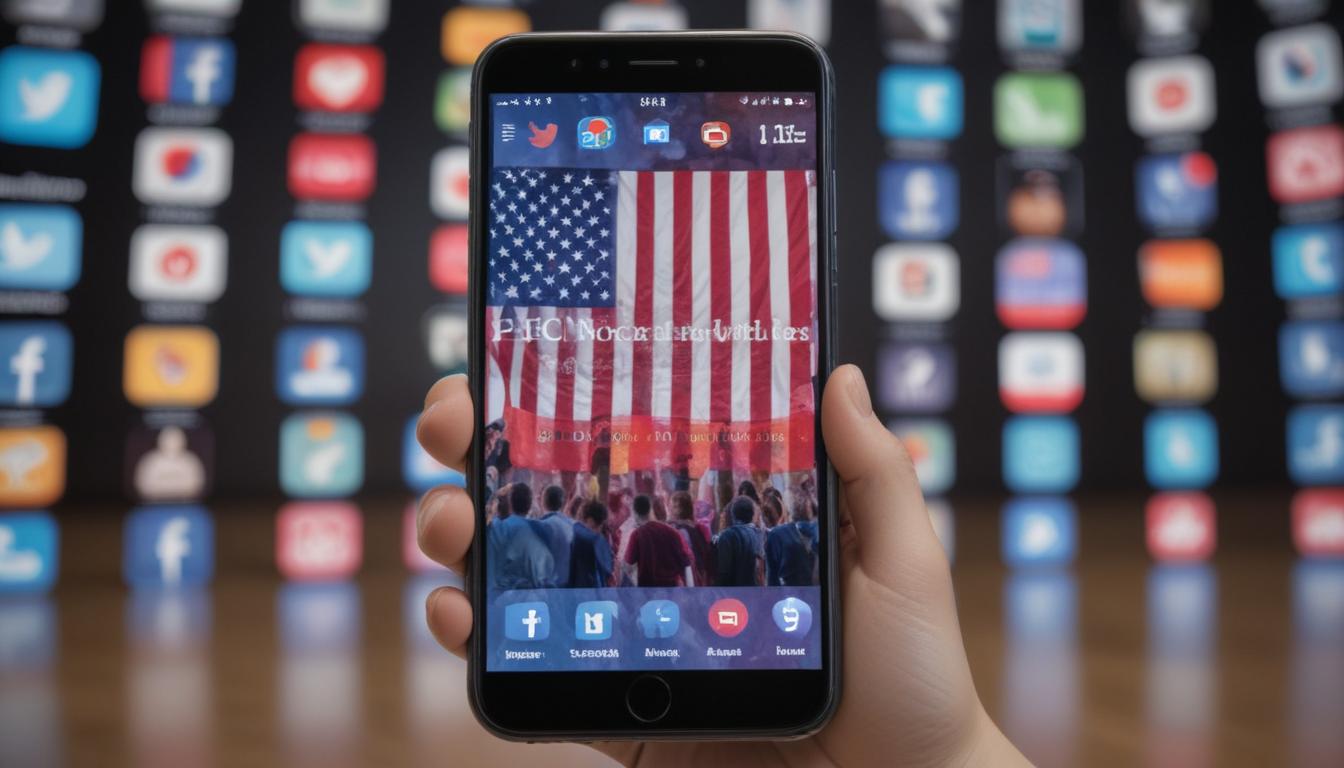Entertainment Meets Politics: The Social Media Effect
Social Media’s Role in Politics
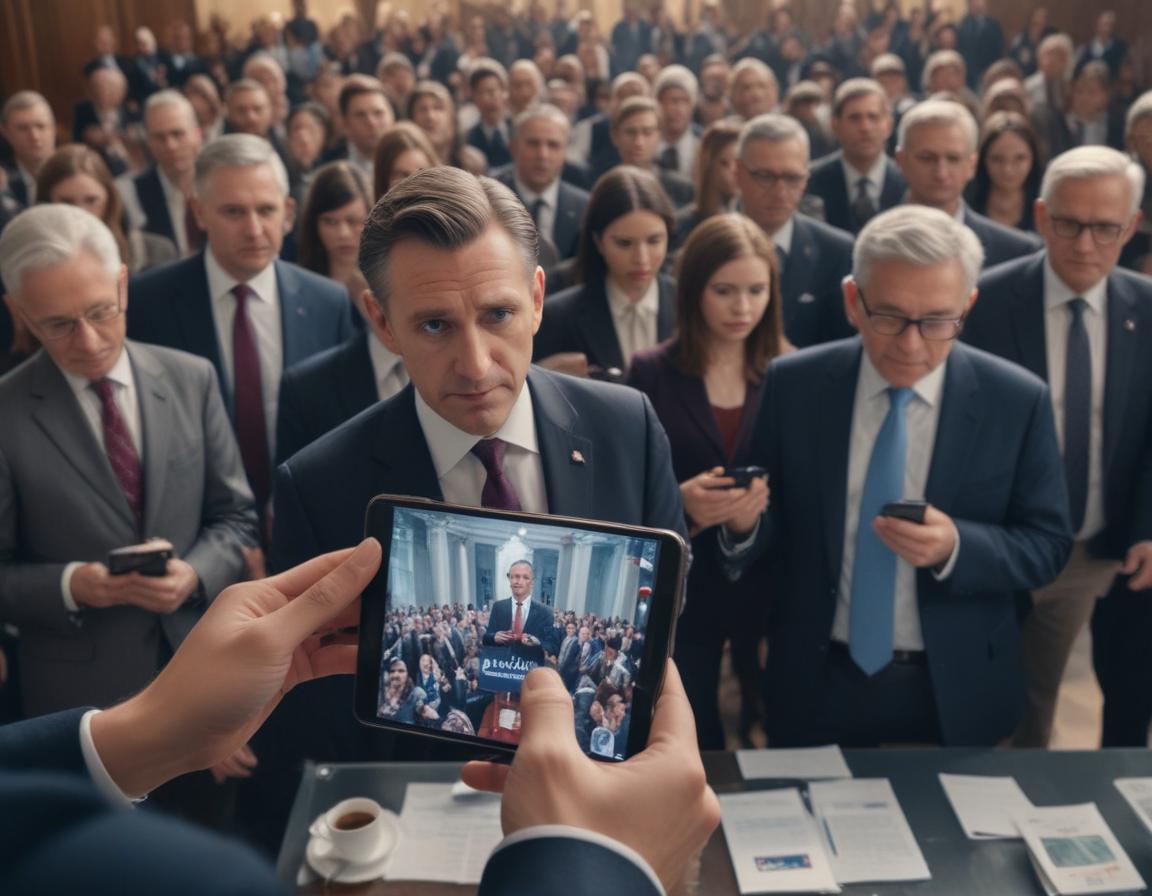
Social media has redefined the way politics operates in the United States. Platforms like Facebook, Twitter, and Instagram have provided politicians with unprecedented direct access to their constituents. In today’s digital age, these platforms allow leaders to share their viewpoints instantly and gauge public sentiment in real time. Furthermore, social media enables grassroots campaigners to reach larger audiences at minimal costs.
However, the risks come with rewards. The ability to spread information swiftly has a downside, as misinformation and polarizing narratives can amplify fears, deepen divisions, and undermine democratic processes. Despite the challenges, mainstream political campaigns increasingly rely on social media as their primary mode of outreach. Case studies from recent elections reveal stark patterns—candidates who effectively leverage platforms for storytelling and issue-specific advocacy tend to outperform those who do not. Ultimately, social media acts as both a tool and battleground, highlighting its pivotal role in modern political movements.
Entertainment Reflecting Social Issues
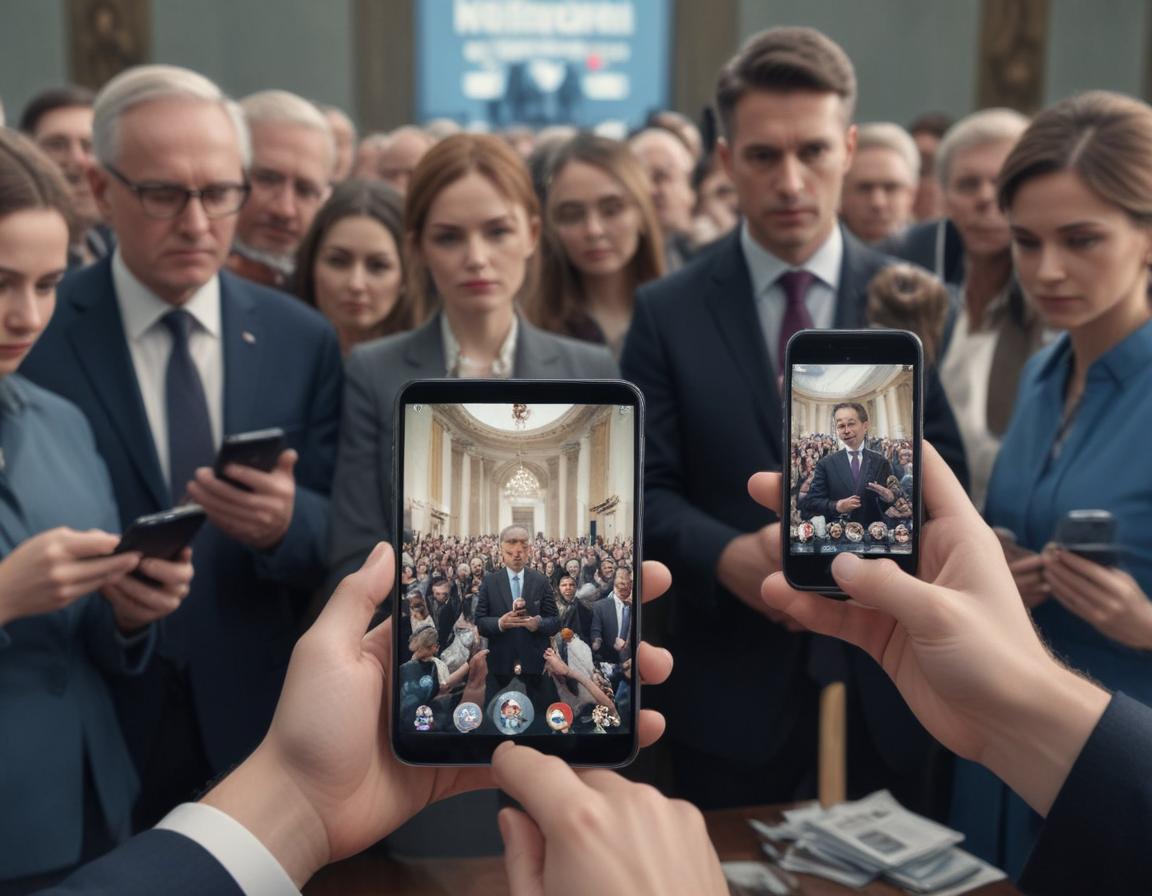
American entertainment has long served as a mirror reflecting societal concerns. Films like The Help, which delves into racial tensions, and Don’t Look Up, a satirical take on climate crisis denial, do more than entertain—they compel viewers to reflect on societal issues. Similarly, TV shows such as Handmaid’s Tale explore anxieties about freedom and identity, while comedic programs satirize current events.
These narratives shape how audiences perceive important concerns. Research indicates that on-screen LGBTQ+ representation, for example, has contributed to both increased acceptance and policy progress. By fostering shared experiences through storytelling, entertainment transcends borders and inspires large-scale conversations. Though not always overtly political, the content’s ability to influence norms and actions secures its position as a significant player in America’s cultural and political sphere.
Trends and Impacts on Younger Audiences
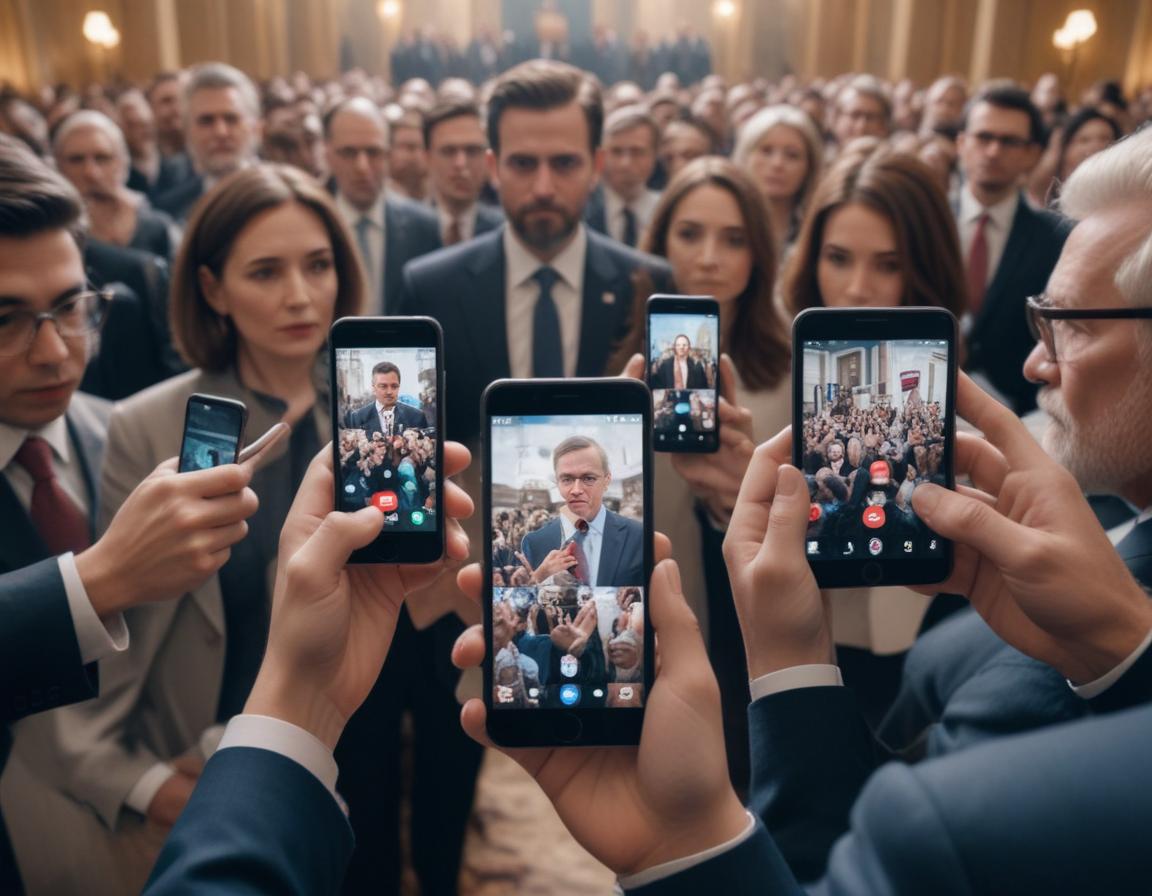
One of the most prominent trends in recent years is the rise of politically aware younger audiences. This generation, known for being digital natives, values authentic, socially conscious media. Aware of this trend, brands, filmmakers, and political movements are crafting campaigns and narratives that resonate deeply with younger demographics.
Take TikTok, for example. The platform has emerged as an unlikely vehicle for political messages, cleverly integrated into humorous dances or viral challenges. Gen Z, armed with tools of social connectivity, amplifies content aligning with their core values, which then drives political and cultural participation. Advocacy campaigns stemming from entertainment have even triggered real-world action, further illustrating how closely youth identity is tied with media consumption.
The Entertainment Industry’s Evolution
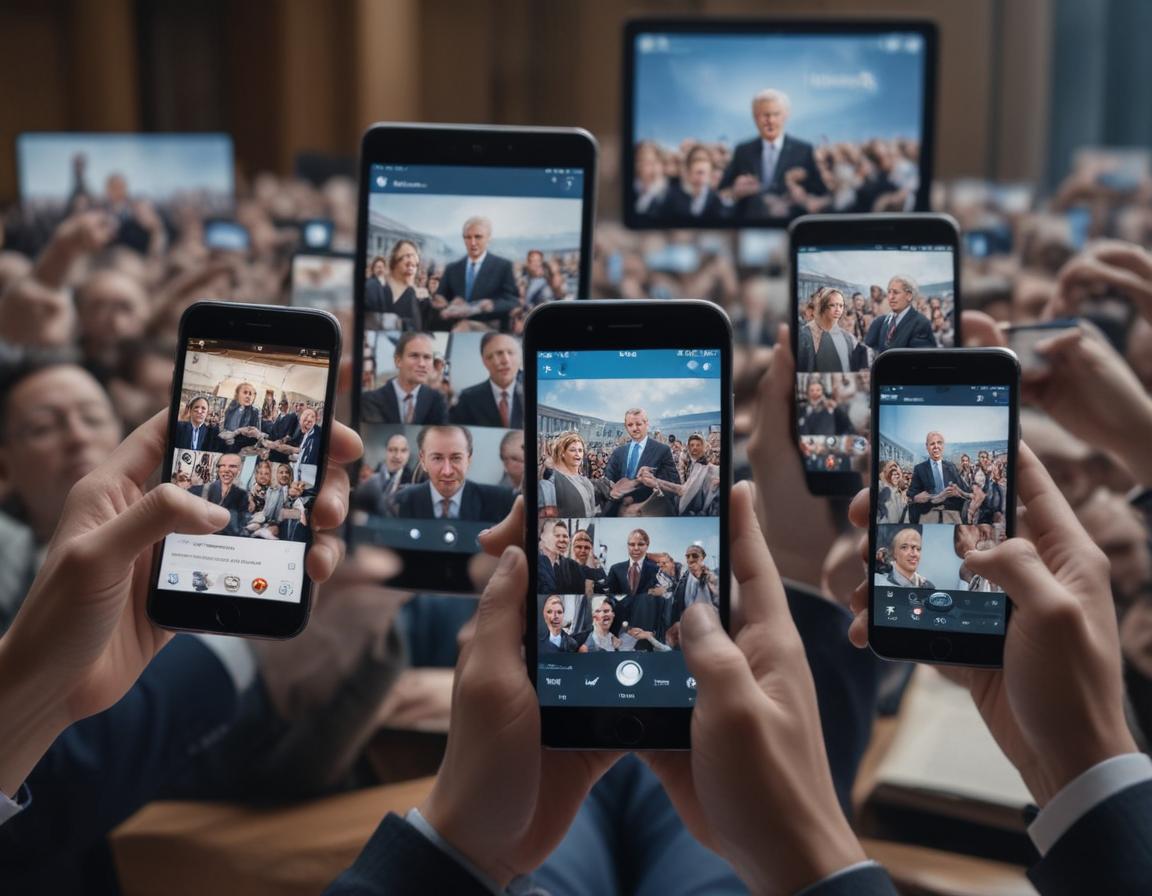
The entertainment industry itself has undergone remarkable changes in how it interfaces with politics and activism. From casting choices to subject matter, there is a deliberate effort to embrace inclusiveness, representation, and activism. Films like Black Panther, which showcased a predominantly African-American cast and empowering themes, highlight this shift.
Independent films act as trailblazers for broader social narratives. For instance, documentaries like 13th expose systemic racism, sparking dialogue and action. Moreover, social media amplifies the reach of these works, enabling them to educate and inspire global audiences. Hollywood’s increasing emphasis on social consciousness illustrates how entertainment and advocacy are becoming inextricably linked.
Future Implications for the Interconnection of Entertainment and Politics
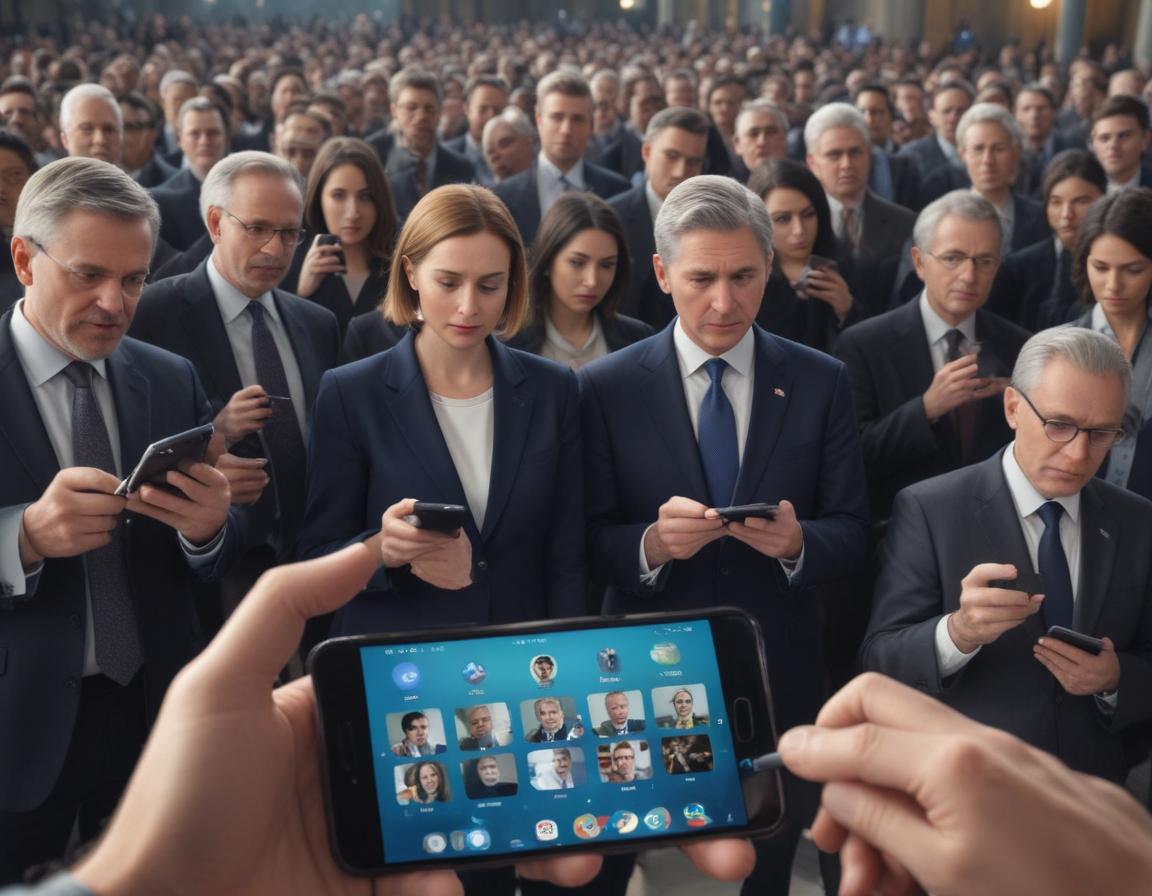
Looking ahead, the relationship between entertainment, politics, and social media is bound to deepen, thanks to technological innovations. AI tools, for example, are set to personalize user experiences by recommending politically charged documentaries to those gravitating towards specific causes. Similarly, fundraisers or promotional events may be more targeted, based on audience interests.
Entertainment creators are also expected to explore new frontiers in immersive storytelling with technologies like virtual reality and AI. Imagine tuning in to a show that integrates viewers into discussions about ethical AI governance or other soon-to-rise issues. However, the challenge will remain: can these tools foster greater inclusivity without exacerbating divisions? Ultimately, the future offers both opportunities and complexities, and responsible leadership will be crucial.
“`

